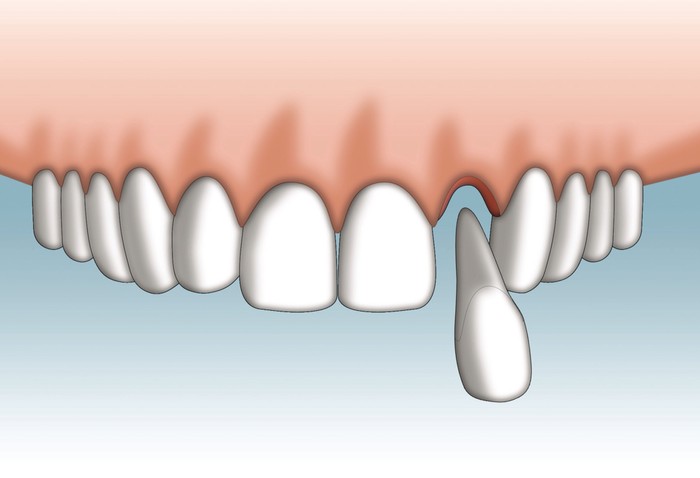What to Know After Tooth Replantation or Transplantation?

Tooth replantation and tooth transplantation are complex dental procedures that require careful post-operative care and adherence to instructions to ensure successful healing and long-term results. It’s essential to understand that after such surgeries, patients need to be especially attentive to their oral health and follow all the dentist’s recommendations. In this article, we’ll guide you through what to know and do after replantation or transplantation of a tooth to ensure a comfortable and successful recovery.
What is Tooth Replantation and Transplantation?
-
Tooth replantation refers to the procedure where a tooth, which was extracted or knocked out due to trauma or infection, is placed back into its original socket. This is possible only when the tooth and its root are in relatively good condition.
-
Tooth transplantation involves moving a tooth, usually a wisdom tooth, from one part of the mouth to replace a lost tooth in another area. This procedure is typically performed when a tooth cannot be saved, but it’s important to restore chewing function and aesthetics.
Both procedures aim to save natural teeth or replace them with other teeth to restore lost function. For long-term success, it’s crucial to properly care for the mouth after the surgery.
What Should You Do After the Surgery?
After undergoing tooth replantation or transplantation, it’s vital to follow your dentist’s recommendations closely to promote healing and reduce the risk of complications:
-
Avoid stress on the treated area. For the first few days after surgery, try not to chew on the side where the replantation or transplantation was performed. This will help prevent any movement of the tooth and give it time to stabilize.
-
Maintain excellent oral hygiene. Keeping the mouth clean is essential to prevent infection. Gently brush your teeth with a soft toothbrush, avoiding the surgical area. Your dentist may recommend an antiseptic mouth rinse to prevent inflammation.
-
Avoid extreme temperatures and hard foods. For the first few weeks, steer clear of hot or cold foods and drinks to avoid complications. Stick to soft, warm foods that are easy to chew.
-
Avoid smoking and alcohol. Both smoking and alcohol can slow down the healing process and increase the risk of complications such as infection or rejection of the transplanted tooth.
-
Take prescribed medications. Your dentist may prescribe antibiotics or anti-inflammatory drugs to prevent infections and aid recovery. Make sure to take these as directed.
What Should You Avoid After Tooth Transplantation or Replantation?
-
Avoid physical exertion. For the first few days, refrain from exercising, lifting heavy objects, or engaging in any physical activity that might increase the risk of bleeding or complications.
-
Do not rinse your mouth aggressively. Intense rinsing can disrupt the formation of a protective blood clot and delay healing. Use gentle, dentist-recommended mouth rinses.
-
Avoid touching the surgical area with your tongue or hands. Even if you feel discomfort or itching, resist the urge to touch the area to avoid introducing bacteria or shifting the tooth.
The Importance of Follow-Up Visits
Regular follow-up visits to your dentist are crucial after tooth transplantation or replantation. The dentist will check the healing progress of the transplanted tooth, gums, and surrounding tissues to ensure everything is going as planned. If you experience any discomfort or complications, contact your dentist immediately.
What is the Outlook After Tooth Transplantation or Replantation?
The success of tooth transplantation or replantation largely depends on how well the patient follows the dentist’s care instructions. On average, with proper care, the transplanted or replanted tooth heals well and can serve for many years.
However, there is always a risk of complications, such as:
- Infection. Poor oral hygiene can lead to infection of the transplanted or replanted tooth.
- Tooth rejection. In some cases, the body may reject the transplanted tooth, especially if all the dentist's recommendations are not followed.
- Recurrence of infection or damage. If the tooth was replanted after trauma or infection, there is a chance that the problem could return.
Conclusion
Tooth replantation and transplantation are great options to save teeth or restore lost ones. However, after these surgeries, it is essential to strictly follow your dentist’s instructions to ensure the successful integration of the tooth and prevent complications. Maintain good oral hygiene, avoid stressing the treated area, follow prescribed treatments, and your teeth will stay healthy for many years to come.
